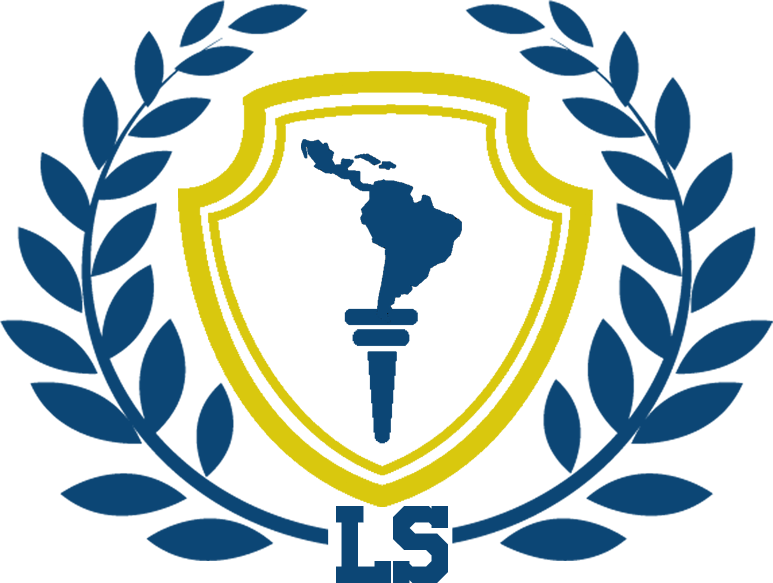Welcome to the Chess class at the Latin American School, where we cultivate strategic thinking, problem-solving skills, and a passion for the game of chess. Our program offers numerous benefits for students who are interested in learning and mastering this ancient and intellectually stimulating game.
- Critical Thinking and Problem-Solving: Chess is a game of strategy and foresight. By participating in the Chess class, students develop critical thinking skills as they analyze positions, evaluate options, and make strategic decisions. Chess requires planning ahead, considering multiple possibilities, and adapting to changing circumstances—a valuable skill set that extends beyond the chessboard to various academic and real-life scenarios.
- Concentration and Focus: Playing chess demands intense concentration and focus. In the Chess class, students learn to direct their attention, block out distractions, and analyze complex positions. This sharpened focus enhances their ability to concentrate for extended periods, improving their academic performance and productivity in other areas of life.
- Problem-solving and Decision-making under Pressure: Chess provides a unique platform for students to practice problem-solving and decision-making under pressure. With limited time to make each move, students develop the ability to think quickly, weigh options, and make informed decisions—a skill set that is applicable in fast-paced environments, academic settings, and everyday life.
- Patience and Resilience: Chess is a game that requires patience and resilience. Students learn to stay calm and composed, even in challenging situations. They understand that setbacks are part of the game and develop the ability to bounce back, analyze mistakes, and learn from them—a valuable life lesson that fosters personal growth and adaptability.
- Sportsmanship and Emotional Intelligence: Chess teaches students the value of good sportsmanship, fair play, and respect for opponents. They learn to win graciously, lose gracefully, and appreciate the accomplishments of others. Chess also provides an opportunity for students to develop emotional intelligence, as they learn to manage their emotions, make rational decisions, and understand the perspectives of their opponents.
- Memory Enhancement: Playing chess involves memorizing openings, tactics, and patterns. By regularly engaging in chess activities, students exercise their memory and enhance their ability to recall information—a skill that can be transferred to academic studies, exams, and everyday life.
- Community and Social Interaction: The Chess class creates a supportive community of chess enthusiasts, where students can engage in friendly competition, practice, and learn from one another. Chess tournaments, group analyses, and team events foster camaraderie, collaboration, and social interaction, enabling students to build friendships and develop valuable social skills.
The Chess class at the Latin American School provides an intellectually stimulating and enjoyable experience that goes beyond the chessboard. By participating in this program, students develop critical thinking skills, problem-solving abilities, patience, emotional intelligence, and a love for the game. Whether students aspire to compete in tournaments or simply enjoy playing chess recreationally, our Chess class offers a wealth of benefits that contribute to their personal, academic, and social growth.

